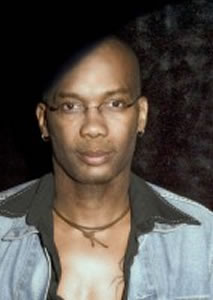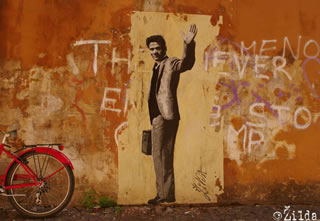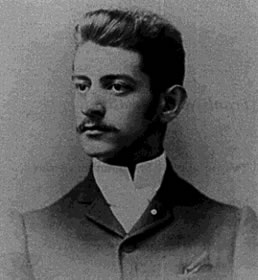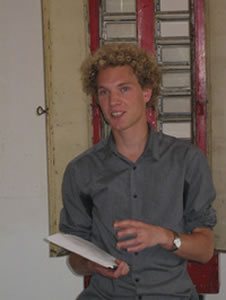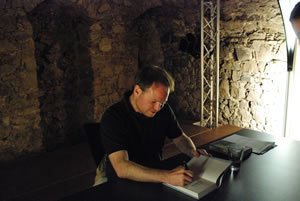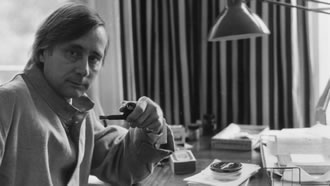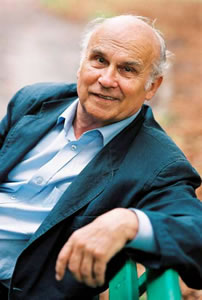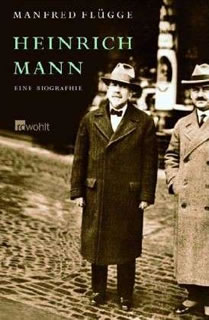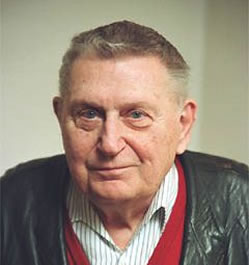De Noorse schrijver Jan Kjærstad werd geboren op 6 maart 1953 in Oslo. Zie ook alle tags voor Jan Kjærstad op dit blog.
Uit: The Conquerer (Vertaald door Barbara J. Haveland)
„I—the Professor—do not know whether or not to call this the irony of fate. Jonas Wergeland escaped disaster that time, but nothing could save him from the media earthquake triggered by his arrest and later trial—not surprisingly perhaps, seeing that Wergeland himself was the instigating factor. The public hoped, of course, for as long as they could, hoped that something was wrong, that someone,
somewhere had made a terrible and most unfortunate mistake. Rumour had it that Jonas Wergeland remained silent—and, others added, unmoved—and he refused to make any sort of statement to the police. He had accepted the lawyer appointed to defend him without demur and would not hear of engaging one of the big-time lawyers whom Daniel was sure would be able to help him.
I think everyone, including myself, awaited the trial in such a state of suspened to occupy the highly respected post of consultant physician.
“Do you know what the most surprising thing of all is?” my guest asked on the fourth evening on which she visited me, clad in her usual elegant black and as earnest as always. “The most surprising part
of all this washing of dirty laundry in public was one question that was never asked.
Obviously because it had nothing to do with the case. And yet it gets to the very nub of the matter. Because, if it were true that Jonas Wergeland possessed all those failings and evil inclinations, how could a whole nation fall under his spell? And that being the case, does this not say everything
about Norway, the cultural level of this country in the last decade before the millennium? That such an individual could wangle his way to such enormous power and popularity, I mean?” pense that you would have thought the honour of Norway was at stake.“
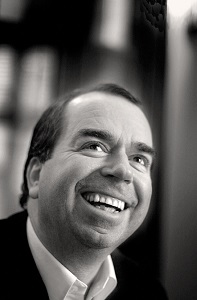
Jan Kjærstad (Oslo, 6 maart 1953)

